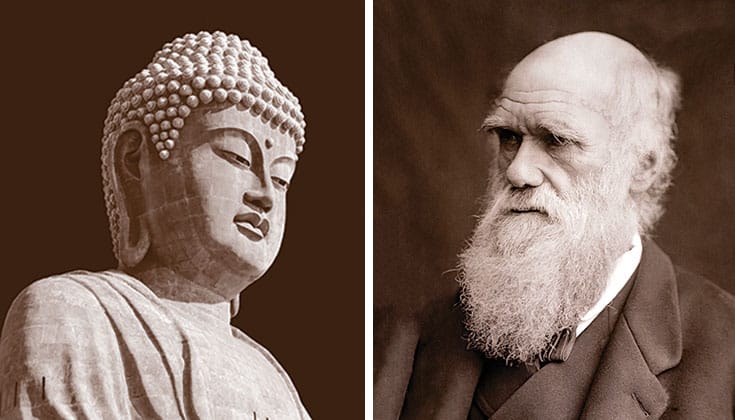Confusion proliferates when we can’t stay present with whatever we encounter.
—Elizabeth Mattis, “Open Stillness”
—Elizabeth Mattis, “Open Stillness”
A personal blog by a graying (mostly Anglo with light African-American roots) gay left leaning liberal progressive married college-educated Buddhist Baha'i BBC/NPR-listening Professor Emeritus now following the Dharma in Minas Gerais, Brasil.
